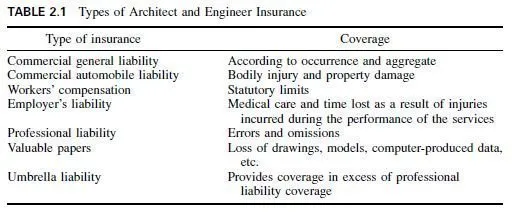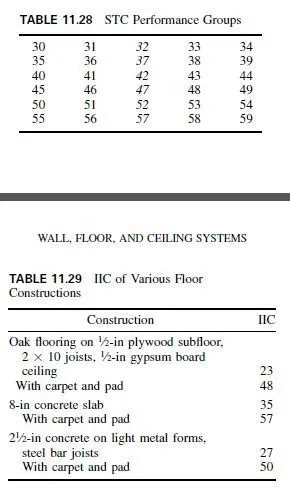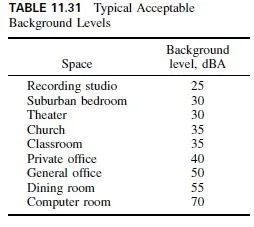Construction contractors often have to engage experts from various disciplines to advise and assist them in conducting their business. In addition to architectural and engineering consultants, contractors usually consult the following:
Accountant. The accountant selected by a construction company should preferably be one who has had experience in contracting and construction accounting. This accountant will know the generally accepted principles of accounting applying to construction projects, such as costs, actual earnings, and estimated earnings on uncompleted construction contracts. In addition, the accountant should have an understanding of managements role to help formulate the financial picture of the firm. This role of management involves estimating the probable earnings on uncompleted jobs and the amounts of reserves that should be provided for by the accountant for contingencies on jobs that have already been completed but for which final settlements have not yet been made with all the subcontractors and suppliers.
Attorney. A construction company may find that it needs more than one attorney to handle all of its affairs. For example, it will in all likelihood have an attorney who will be retained for most of the routine matters of corporate business, such as formation of the corporation, registration by the corporation in other states, routine contract advice, and legal aid in the general affairs of the business. In addition to this, however, many construction companies require different attorneys for such phases of their activities as claims, personal affairs and estate work, real-estate and tax-shelter matters, and government programs and processing. Many of these functions are performed by attorneys who specialize in that type of work and can offer the most up-to-date advice.
Insurance and Bonding. An insurance broker who has a fairly sizable volume of business is the preferred source of insurance. Such a broker will have the greatest amount of leverage with insurance companies when questions arise about claims for losses or about requirements by insurance companies for premium deposits on policy renewals. Most general insurance brokers with a fairly large clientele should be able to handle construction company insurance.
When it comes to bonding, however, it may be advisable to deal with a firm that specializes in general contractors and their bonding problems. Often, general insurance brokers do not have much experience in this field. While surety companies, who issue bonds, are generally subsidiaries of insurance companies, bonding and insurance are guided by entirely different principles. A broker who has many clients requiring performance and payment bonds is to be preferred for meeting bonding requirements. Such a broker will be able to offer advice on the bonding companies best suited for the contractors specific business. Also, the broker should be able to aid the contractor and the contractors accountant in preparation of financial statements so as to show the contractors financial position in the most favorable light for bonding purposes.
Banking. Bank accounts needed for the companys affairs should preferably be divided between two or more banking institutions. A banking relationship with more than one bank could be advantageous at times. For example, it could facilitate a request for banking references for credit; for a bank to be available for temporary loans or for writing letters of credit; for equipment loans; and for advice on investments or for custodian accounts for the handling of surplus funds of the contractor.
Trade Associations. Many contractors find it advantageous to become a member of a local trade association or local branches of national organizations, such as the Associated General Contractors of America and the Construction Management Association of America. Before doing so, however, the contractor should investigate and be thoroughly acquainted with the rules of such associations, particularly with regard to labor bargaining.
In most cases, membership in a local trade association binds the contractor to permit that association to do all of its labor-contract bargaining with local labor unions and the various construction trades. Furthermore, if there is a strike by any of the local labor organizations, the members must obey the dictates of the association and may be required to join in the associations stand against the strikers.
On the other hand, a contractor who is not a member of the local association is free to bargain individually with the trade unions involved and can sign their contract as an independent. Often, labor unions, during a strike, will be willing to offer an interim contract to independent contractors under which terms the contractor will be able to resume work on agreeing to be bound by the terms of the labor agreement consummated to settle the strike, effective retroactively.


